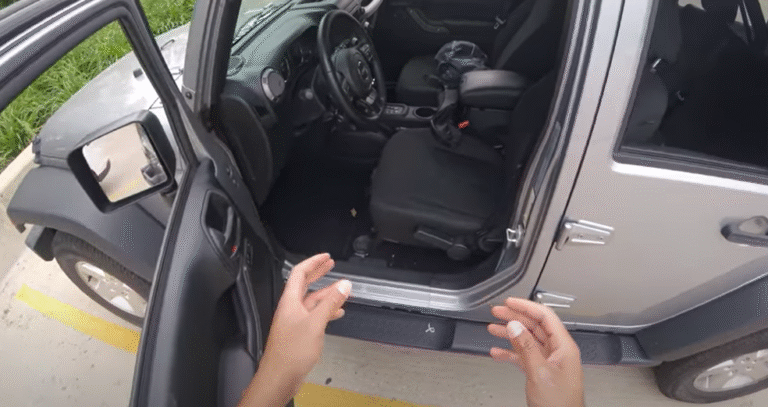How Much Oil Does a Jeep Wrangler Take? The Ultimate Guide Revealed!
A Jeep Wrangler takes around six quarts of oil, depending on the engine model and year. Owning a Jeep Wrangler means understanding its maintenance needs, and one crucial aspect is knowing how much oil it requires.
Keeping the engine properly lubricated with the right oil level ensures optimal performance and longevity. While the exact amount may vary slightly across different Jeep Wrangler models and generations, a general rule of thumb is that it typically takes about six quarts of oil.
However, it’s crucial to check the owner’s manual or consult a professional for the specific oil capacity of your Jeep Wrangler to ensure accuracy and keep your vehicle in top shape.
Frequently Asked Questions For How Much Oil Does A Jeep Wrangler Take
How Much Oil Does A 3.6 L V6 Jeep Take?
A 3. 6 L V6 Jeep generally requires approximately 6 quarts of oil.
How Much Oil Does A Jeep V6 Take?
A Jeep V6 typically requires around 5-6 quarts of oil for optimal performance.
How Much Oil Does A 2007 Jeep Wrangler Take?
A 2007 Jeep Wrangler typically requires approximately 6 quarts of oil for an oil change.
How Much Oil Does A 4 Liter Jeep Take?
A 4 liter Jeep requires approximately 4 liters of oil.
How Much Oil Does A Jeep Wrangler Take?
A Jeep Wrangler typically takes 5 quarts of oil, but it’s always best to consult the owner’s manual for accurate specifications.
What Type Of Oil Does A Jeep Wrangler Require?
A Jeep Wrangler usually requires synthetic 5W-20 or 5W-30 oil for optimal performance and protection.
Conclusion
Maintaining the proper amount of oil in your Jeep Wrangler is crucial for its overall performance and longevity. By understanding how much oil your Jeep Wrangler takes, you can ensure that it is always running smoothly. It’s important to refer to the owner’s manual for the specific oil capacity of your particular model, as it may vary.
Regularly checking and changing the oil, using the recommended oil type and grade, will help protect your engine from excessive wear and tear. Remember to also replace the oil filter during each oil change to ensure proper filtration and lubrication.
By following these guidelines, you can keep your Jeep Wrangler’s engine well-maintained and enjoy many adventures on and off the road.


